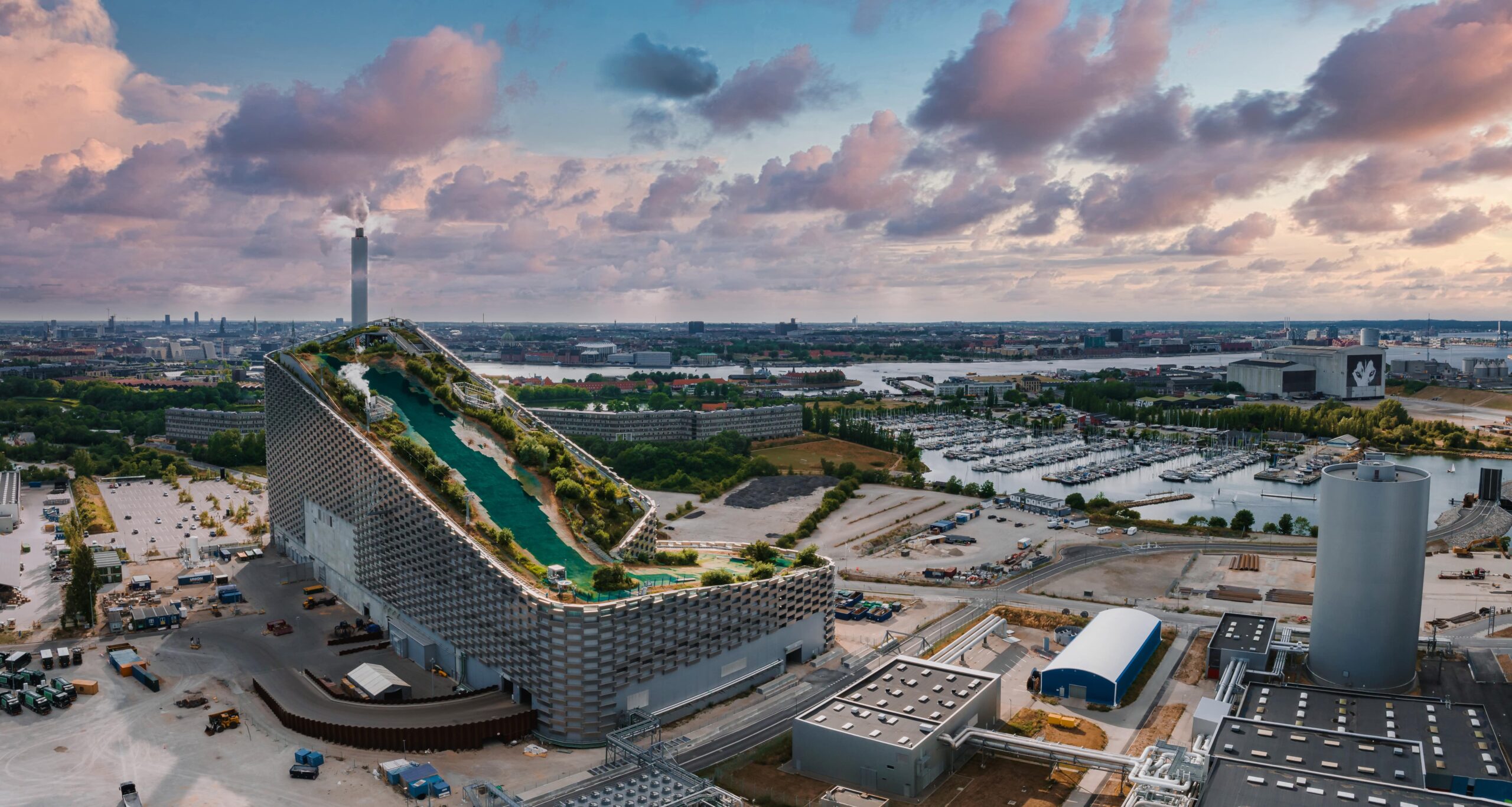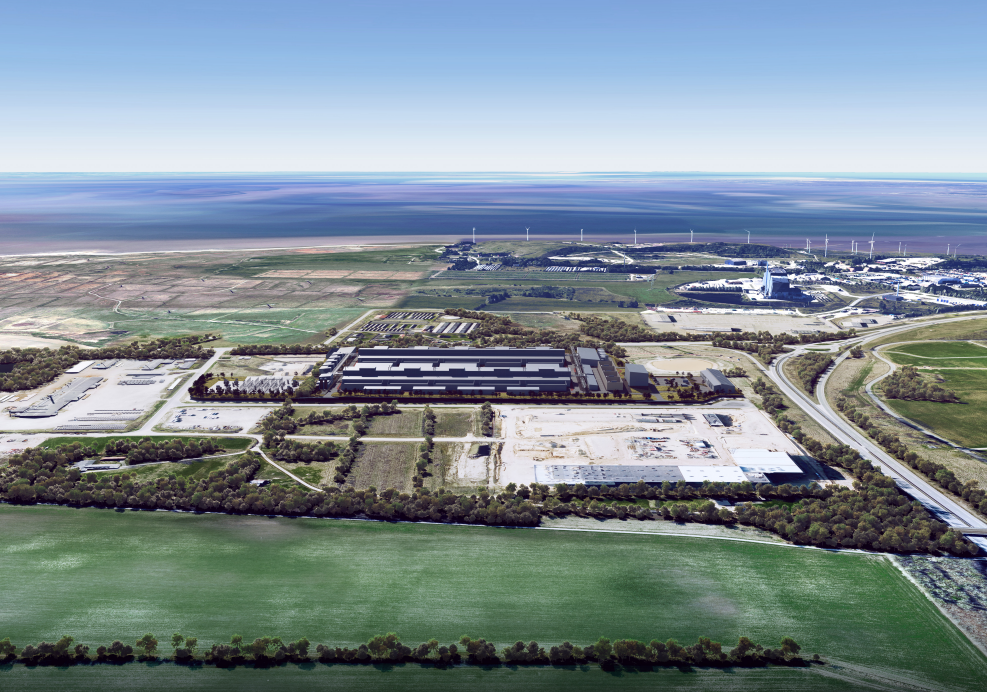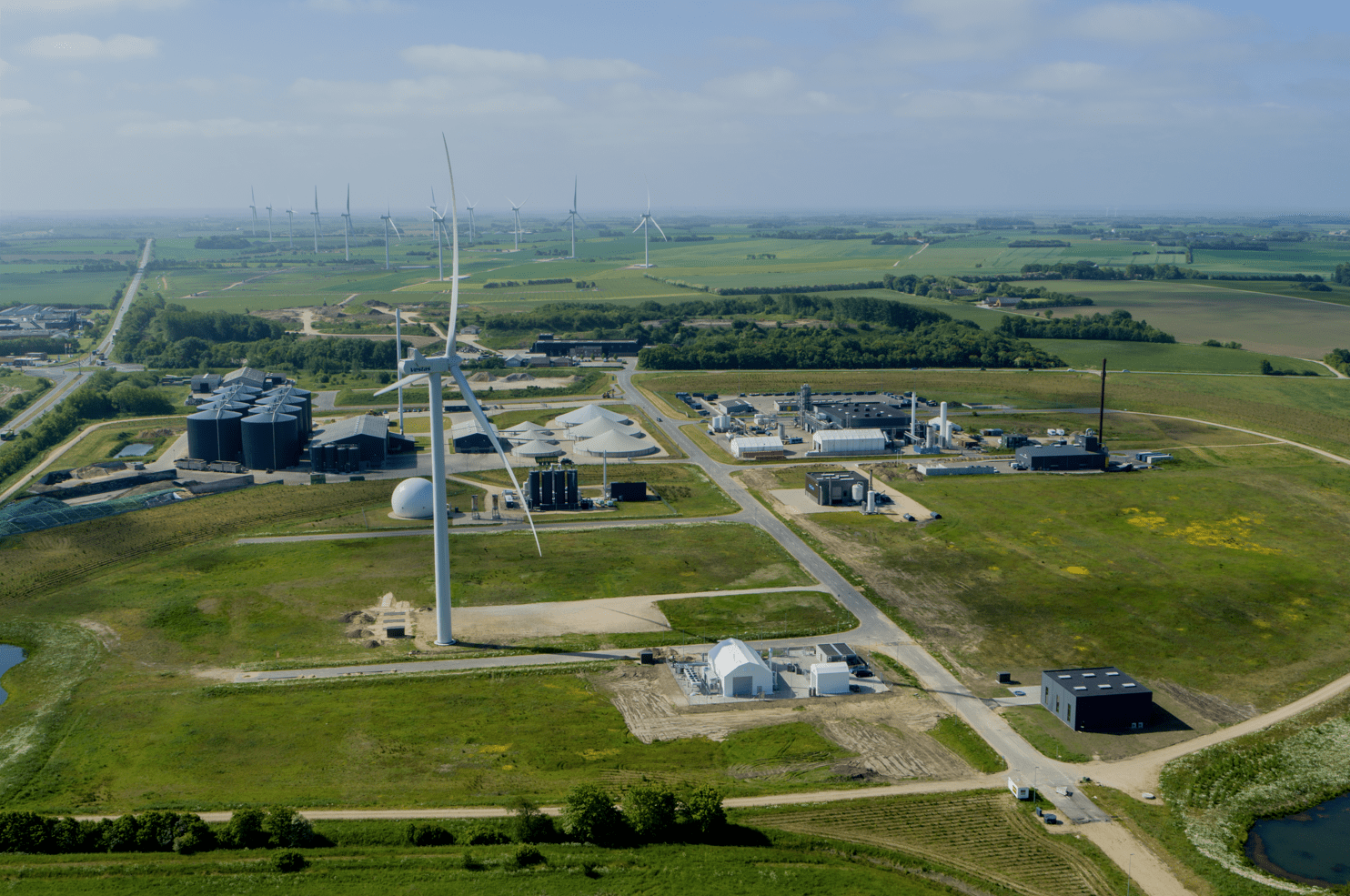News
SMEs are key drivers of inclusive and green growth


In 2013, SMEs in the OECD area represented 99.7 per cent of all enterprises and 60 per cent of total employment. Accounting for between 50 per cent and 60 per cent of value-added in OECD economies, they are thus also major engines of value creation.
SMEs are similarly significant in emerging economies, where they contribute to, on average, 45 per cent of total employment and 33 per cent of GDP. Similarly, in low-income countries, SMEs account for 78 per cent of all employment. However, they only contribute 16 per cent to GDP.
-Related news: Eco-Innovation for Asian and European SMEs
SMEs operate and create opportunities across a wide array of geographic areas and sectors; they employ different labour force segments, including low-skilled workers, and provide skill development opportunities. As such, job and value creation in the SME arena is a vehicle for inclusive growth. More explicitly, certain SMEs, such as social enterprises, are driven by social impact goals and the triple bottom line, and thus, contribute directly to inclusive growth.
Improving SME environmental performance
However, SMEs, on aggregate, have a high environmental footprint. In fact, findings indicate that SMEs contribute 60-70 per cent of industrial pollution in Europe. In particular, SMEs in the manufacturing sector - which accounts for a large share of global resource consumption, pollution, and waste generation – are critical for the green transition.
On the other hand, SMEs also have the potential to bring about substantial environmental improvements. Eco-innovators, for example, can pioneer or lead new green industries, especially in local and emerging markets contexts that may be unappealing or unfeasible for large corporations. For example, in the United Kingdom and Finland, SMEs represent more than 90 per cent and 70 per cent of clean tech enterprises respectively.
-Related solution: EcoDesign for the Construction industry
The role of policies in greening SMEs
Greening SMEs is not mutually exclusive with their ability to deliver inclusive growth. According to the paper, greening does in fact have the potential to improve SME business performance (via cost reductions and increased sales), which in turn can generate jobs and income opportunities. However, greening can also impose burdens and costs on SMEs, which could have the inverse effect. The critical role of policy frameworks – whether access to finance or skill development - is to foster these synergies and reduce the burdens.
Governing SMEs requires a consideration of different policy areas ranging from business development to environmental protection. Thus, understand the trade-offs and synergies across these areas is vital. Consequently, effectively governing greening SMEs requires collaboration between different government bodies and non-government actors.
The paper can be downloaded in its entirety here
You should consider reading
events
Carbon capture, storage and utilisation
+4















